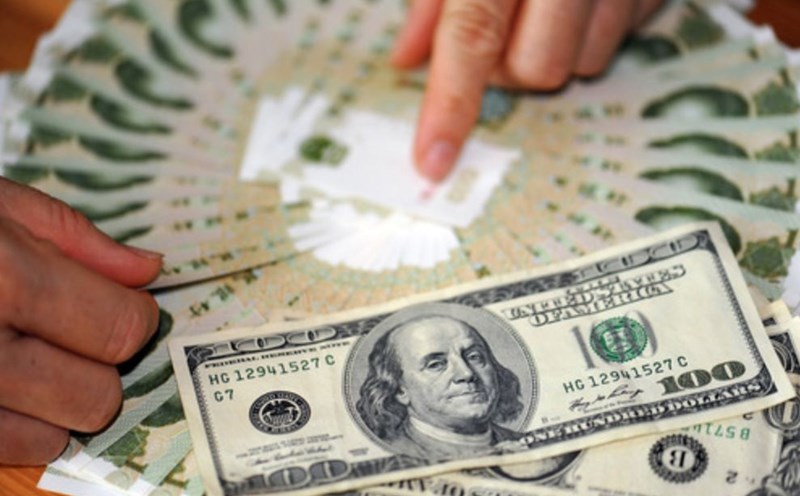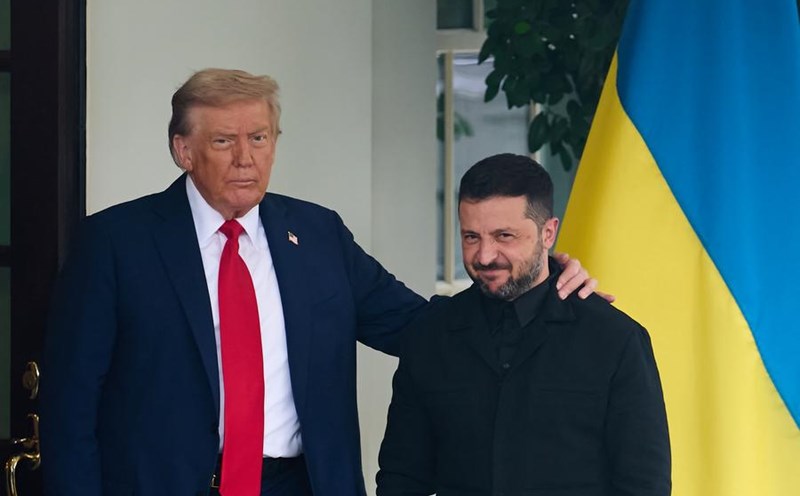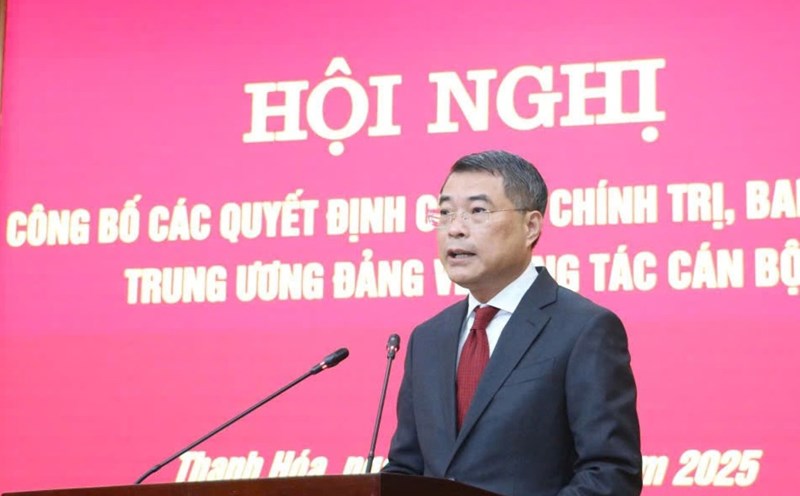According to the plan, the 19th package of sanctions against Russia, focusing on Russian oil and banking exports related to the Ukrainian conflict, will be submitted to the European Commission on September 17. However, the package has been left off the European Commission's agenda indefinitely, according to EU diplomatic sources on September 16.
Brussels sources said the reason stemmed from the pressure of the US President Donald Trump administration, demanding that the EU impose even more severe restrictions on Moscow. This immediately faced strong backlash from Hungary and Slovakia, two countries that are still heavily dependent on Russian energy.
While President Donald Trump has said he is prepared to take another step forward if the EU stops buying Russian oil, he has called on the bloc to impose tariffs of up to 100% on China and India - the largest buyers of Russian oil since 2022.
The move was warned by Russian President Vladimir Putin as a "colonial sound", while emphasizing that the West cannot " punish" Asian countries for choosing to cooperate with Moscow.
For its part, the EU has pledged to completely eliminate Russian fossil fuels by 2027. However, many member countries, especially Hungary and Slovakia, have continuously protested because they are concerned that their domestic economies and energy systems will not be strong enough to withstand it.
The internal controversy has recently prompted the European Commission to consider abolishing the unanimous voting mechanism in foreign policy, aiming to neutralize non-compliant countries.
Russia has repeatedly asserted that Western sanctions are illegal and counterproductive. Moscow has said it will not only not weaken, but also take advantage of external pressure to promote domestic economic development.
Russian officials stressed that they wanted long-term peace, but accused Ukraine and its Western allies of intentionally obstructing the process.











